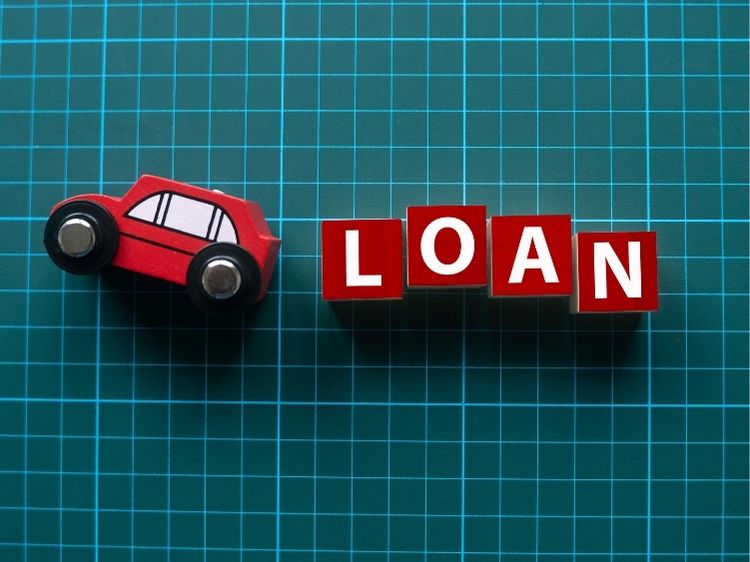Why Car Loan Rates Matter in 2024
When it comes to financing a vehicle, finding the best car loan rates can make a huge difference in your financial health. In a year where interest rates are fluctuating, understanding how to secure a favorable car loan rate could save you a small fortune. But how do you navigate the ins and outs of these rates, and what factors should you be aware of? Let’s break it all down, step-by-step.
What Are Car Loan Rates?
Car loan rates, often referred to as interest rates, are the charges lenders apply to your loan as a percentage of the total amount borrowed. These rates are a crucial part of the auto financing process since they directly influence your monthly payments and the overall cost of the loan. Rates vary widely based on several factors, including your credit score, loan term, and down payment.
Factors That Affect Car Loan Rates
Car loan rates don’t just pop out of thin air; they’re influenced by a range of factors. Here are the main ones:
- Credit Score
The better your credit score, the lower your interest rate. Lenders see a high score as a sign of reliable financial behavior, making you a less risky borrower. - Loan Term
Shorter loan terms often come with lower rates, as lenders view them as less risky. However, shorter terms mean higher monthly payments, so it’s a trade-off. - Down Payment
A larger down payment can reduce your interest rate because it lowers the total amount you need to borrow. It also shows lenders you’re serious about the purchase. - Type of Vehicle
Whether you’re buying new or used affects your rate. Typically, new cars have lower interest rates because they hold more value as collateral. - Market Conditions
The state of the economy and current federal interest rates play a role in determining loan rates. When the economy is strong, rates may be higher; when it’s weak, they tend to drop. - Lender
Banks, credit unions, and online lenders all offer different car loan rates. Shopping around is key to finding the best one.
How to Get the Best Car Loan Rates
Securing a low car loan rate doesn’t have to be complicated. Here’s how you can get the best rates available:
- Improve Your Credit Score
Before applying, check your credit report for errors and take steps to improve your score if possible. - Compare Multiple Lenders
Don’t settle on the first offer you get. Shop around and compare quotes from banks, credit unions, and online lenders. - Consider a Shorter Loan Term
Opting for a three-year term instead of a five-year one could get you a lower rate and save you money in the long run. - Put Down a Larger Down Payment
The more you put down upfront, the less you’ll pay in interest over time. - Look for Special Promotions
Some dealerships and manufacturers offer special financing deals with lower rates for a limited time, especially on new vehicles.
Pros and Cons of Lower Car Loan Rates
While everyone wants a low rate, it’s essential to consider both the benefits and potential downsides:
Pros:
- Lower monthly payments
- Less total interest paid over the life of the loan
- Greater affordability, allowing you to potentially buy a better vehicle
Cons:
- Requires a higher credit score and often a larger down payment
- Shorter loan terms can increase monthly payments
- Low-rate offers may sometimes have restrictions, like only applying to new vehicles
Understanding the Types of Car Loan Rates
- Fixed Rates
A fixed rate stays the same throughout the loan term, providing consistent monthly payments. This can be a good option if you prefer stability. - Variable Rates
Variable rates fluctuate with market conditions. While they might start lower, they can increase, making it harder to predict future costs. - APR vs. Interest Rate
The APR (Annual Percentage Rate) includes the interest rate and any fees, giving you a clearer picture of the loan’s total cost.
Frequently Asked Questions About Car Loan Rates
What is a good interest rate for a car loan in 2024?
In 2024, a good car loan interest rate ranges from 3% to 5% for borrowers with excellent credit. Rates for those with lower credit scores may be higher, between 6% and 10%.
Can I refinance my car loan to get a better rate?
Yes, refinancing can be a smart option if rates have dropped since you first took out the loan or if your credit score has improved.
Does a larger down payment reduce my interest rate?
Usually, yes. A larger down payment can lower your interest rate because it reduces the loan’s overall risk to the lender.
Should I choose a shorter loan term to get a better rate?
While shorter terms typically come with better rates, they also have higher monthly payments. Weigh the benefits and see if it fits your budget.
Are car loan rates negotiable?
Yes, many lenders are open to negotiation. If you have a strong credit score and a solid down payment, don’t be afraid to ask for a lower rate.
Summary: Navigating Car Loan Rates with Confidence
Understanding car loan rates is essential for making an informed purchasing decision. By knowing what affects rates, shopping around, and making smart choices like improving your credit score and considering shorter loan terms, you can secure a rate that works for your budget. And remember, whether you’re buying new or used, taking the time to negotiate can also work in your favor.
Authoritative Links (Plain Text)
- Consumer Financial Protection Bureau – https://www.consumerfinance.gov
- Federal Trade Commission (FTC) – Car Financing – https://www.consumer.ftc.gov



